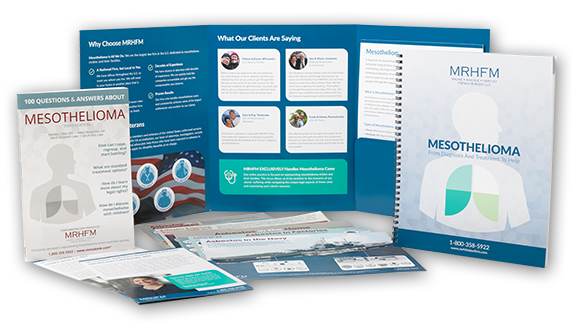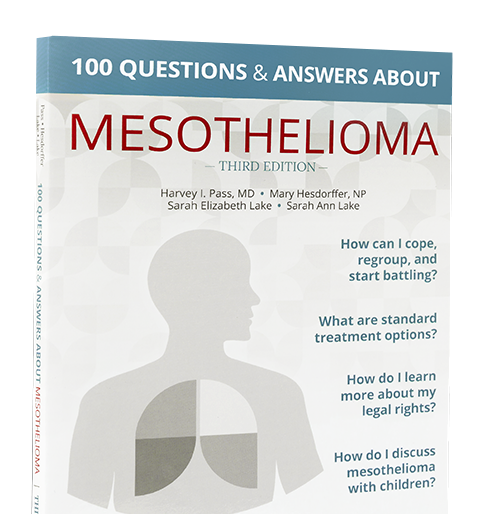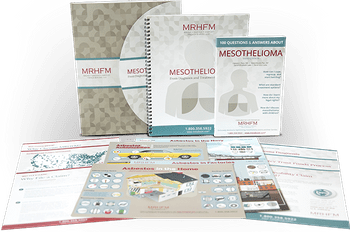Researchers at the National Cancer Institute (NCI) and Fukishima University (Fukishima U) have developed an immunotoxin that could be the key to a cure for mesothelioma. Known as “2E4-PE38,” the immunotoxin helps reduce the number of regulatory T cells or “Tregs” in the system. Tregs are a subpopulation of T cells that help regulate the immune system, maintain tolerance to self-antigens, and prevent autoimmune disease.
While Tregs play a significant role in fighting disease and maintaining balance in the immune system, they have a different effect in people with mesothelioma or other cancers.
When a tumor sends out distress signals, Tregs respond by surrounding the tumor in order to protect it against attack by the body’s immune system. By reducing the number of Tregs in the system, 2E4-PE38 appears to stop this action, while leaving enough of the cells in the body to help protect it from other diseases.
In the published study titled “Depletion of regulatory T cells in tumors with an anti-CD25 immunotoxin induces CD8 T cell-mediated systemic antitumor immunity,” the researchers wrote:
The tumor microenvironment plays a critical role in controlling tumor progression and immune surveillance. We produced an immunotoxin (2E4-PE38) that kills mouse cells expressing CD25 by attaching the Fv portion of monoclonal antibody 2E4 (anti-mouse CD25) to a 38-kDa portion of Pseudomonas exotoxin A. We employed three mouse cancer tumor models (AB1 mesothelioma, 66c14 breast cancer, and CT26M colon cancer). Tumors were implanted at two sites on BALB/c mice. On days 5 and 9, one tumor was directly injected with 2E4-PE38, and the other was not treated.
Results: 2E4-PE38 produced complete regressions of 85% of injected AB1 tumors, 100% of 66c14 tumors, and 100% of CT26M tumors. It also produced complete regressions of 77% of uninjected AB1 tumors, 47% of 66c14 tumors, and 92% of CT26M tumors.
Tumors were analyzed three days after 2E4-PE38 injection. The number of regulatory Tregs was significantly reduced in the injected tumor, but not in the spleen.
The immunotoxin treatment 2E4-PE38 (a form of immunotherapy), appears to be on its way to joining other immunotherapy drugs that could be the key to a cure for mesothelioma.
Thanks to innovative treatments such as 2E4-PE38, today’s mesothelioma patients have hope.
Newer monitoring and evaluation protocols for mesothelioma and advanced diagnostic procedures are also providing better tools for specialists to work with—tools that could help control mesothelioma long-term or even potentially cure the disease.
2E4-PE38 and many other treatments are currently working their way through varying stages of the clinical trials process. Talk to your doctor about participating in one. A newer drug or treatment could be effective in helping treat your specific type of mesothelioma. Talk to your doctor about participating in a clinical trial today.
Sources
Onda, Masanori, Kazuto Kobayashi, and Ira Pastan. “Depletion of regulatory T cells in tumors with an anti-CD25 immunotoxin induces CD8 T cell-mediated systemic antitumor immunity.” Proceedings of the National Academy of Sciences of the United States of America (PNAS). National Academy of Sciences, 05 Mar. 2019. Web. 22 Apr. 2019.





